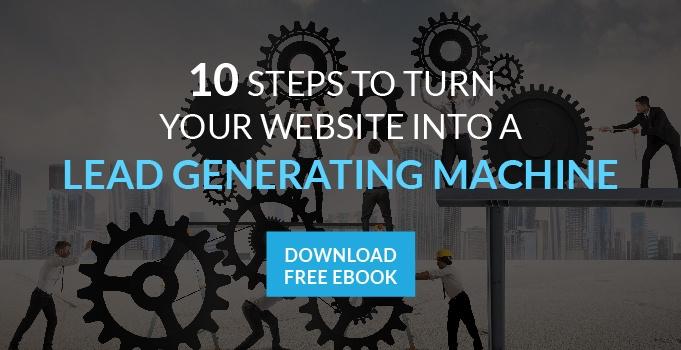 Since the dawn of the internet era, websites have been obsessed with one thing over all others: traffic. Every website wants to maximize the number of visitors it gets, and they want that number to keep growing every month. Why does traffic matter? Because it presents opportunities.
Since the dawn of the internet era, websites have been obsessed with one thing over all others: traffic. Every website wants to maximize the number of visitors it gets, and they want that number to keep growing every month. Why does traffic matter? Because it presents opportunities.
Many sites rely on advertising to support their online business model, and advertisers will pay a premium for better exposure; so if you have high traffic, you can charge those advertisers more for the privilege of annoying your visitors. For small businesses and those that want to use their website to drive sales, increased visits means more chances to generate leads. Regardless of your ultimate goals, it’s never a bad thing to have a lot of traffic.
But what if you’re experiencing low traffic? If high traffic is universally good, then no traffic is always bad. If you’re struggling to bring visitors to your website, here are five possible causes:
1. Your website isn’t properly optimized
I’ll be the first to admit I don’t know everything that happens behind the scenes on a website. There’s all kinds of coding and tags that need to be present to help your site show up in search results and be effectively crawled by Google. But thankfully, we have very talented designers here at Rhino who understand this completely.
Your website needs to fully utilize these techniques, and that requires the expertise of design professionals. If you don’t have people with such knowledge on staff, you’ll need to hire someone to evaluate and possibly redesign your website (We happen to know of a great marketing agency that can provide these services, if you’re interested).
2. You don’t have enough content
This isn’t Game of Thrones, where everyone is battling for the throne: the one true king of marketing will always be content. Your content is the engine that powers your marketing machine, and you need to be pumping it out with regularity. You should be blogging at least 2-3 times per week (although daily is ideal). Not only does this increase the size of your online footprint, it also boosts your site’s relevancy for Google’s algorithms.
3. Your content isn’t relevant to your target audience
Of course, not all content is created equal. While preparing your marketing strategy, you should have come up with buyer personas – essentially, the ideal customer(s) for your business. Your content needs to be relevant and valuable to these buyer personas, so that they will be the ones attracted to your site by your content. When preparing content, always have your persona(s) in mind.
4. Your keywords are lacking
Another essential part of producing relevant content is understanding the keywords that will bring people in. You should have identified the keywords that are most likely to be used in searches for your products/services, and be utilizing them often. Use 1-2 keywords in every blog headline, and be sure to sprinkle them throughout the body of your blog articles.
5. You’re not promoting your site enough
You need to use every available outlet for promoting your website. Your URL should be listed on your business cards, promotional materials, social media sites and even at your physical office (if you have one). Take a cue from sports venues: don’t waste any opportunity to promote your site.
The easiest way to do this is via social media. Provide links to your website and your content on a regular basis on Facebook, Twitter, Instagram, LinkedIn, Google+ and Pinterest (and you are active on all of those platforms, right?).


Comments